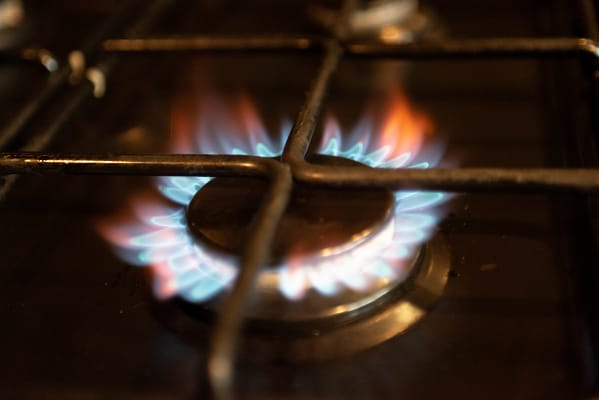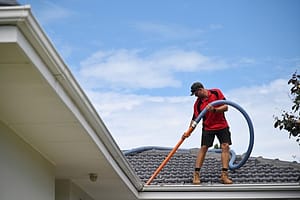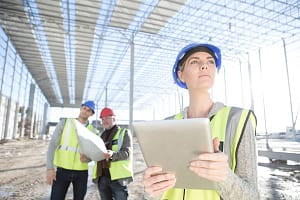Improper installation and maintenance of gas appliances, such as ovens, cookers, and boilers, can pose significant risks, including fire, explosion, gas leaks, and carbon monoxide (CO) poisoning. Employers have a responsibility to adhere to the relevant regulations to protect the safety of workers and the public. This can be achieved by following guidelines on maintaining and servicing gas appliances and utilizing the services of a Gas Safe registered engineer or a competent person.
Gas fittings work in domestic properties and workplaces such as shops, restaurants, schools, and hospitals can only be done by individuals who are registered with the Gas Safe Register and are qualified to work on gas appliances. It is illegal for unregistered persons to carry out such work. Gas Safe ID card shows the qualifications and type of work they are authorized to do. In factories, mines, quarries, agricultural premises, construction site huts, and sewage works, gas fitting work can be done by a competent person, but it is the responsibility of the premises owner to verify their competence. If the engineer is registered with the Gas Safe Register and has the necessary qualifications, they are considered competent to do the job. However, if any part of these premises is used for residential or sleeping accommodation, only Gas Safe registered individuals can carry out the work.
Gas precautions for each business to consider
To ensure the safe use of gas, it’s important to hire a qualified professional to install, maintain, or repair your gas appliances. Additionally, it’s crucial to regularly maintain your gas pipework, appliances, and flues. It’s essential to ensure that rooms with gas appliances have sufficient ventilation by avoiding blocking air inlets and obstructing flues and chimneys. In case of a gas leak, turn off the supply immediately and call the National Gas Emergency Service on 0800 111 999 for natural gas or your LPG supplier for liquefied petroleum gas (LPG). If you suspect a gas leak, evacuate the building, inform the police, and contact the National Gas Emergency Service or your gas supplier. Only a competent person should turn on the gas supply after dealing with a gas leak. Find a business gas supplier that can assist your business in taking all the necessary precautions.
In industrial and commercial settings, it’s important to consider the risk of explosions caused by unburnt gas ignition. Explosion relief and/or flame-failure protection should be provided as necessary. The gas supply should be interlocked with the appliance’s ventilation, and equipment should be designed, operated, and maintained to prevent dangerous levels of carbon monoxide (CO) production. The plant should not be used in poorly ventilated spaces, and there should be enough ventilation to remove combustion products. It’s essential to ensure that operators are adequately trained and use a safe procedure for purging, lighting up, and shutting down the plant.
What is a “Commercial Gas Safety Certificate” and why do you need it?
A Commercial Gas Safety Certificate is a document that confirms that gas appliances in commercial premises have been checked by a qualified engineer and are safe for use. It is a legal requirement for business owners and landlords to get their gas appliances checked once every twelve months by a Gas Safe registered engineer. The certificate includes the engineer’s registration number, the name and location of the appliance, and the results of the tests conducted. The Gas Safety Regulations Act of 1998 outlines rules for natural gas and liquefied petroleum gas (LPG) appliances in both commercial and rented residential properties. Failure to comply with these regulations can result in fines and imprisonment. Landlords are also subject to these rules and must perform regular checks on their appliances. The certificate must be up-to-date and can be checked anywhere between the 10th and 12th months after the last check.
In conclusion
Gas safety in the workplace is crucial to prevent potential hazards such as fire, explosion, gas leaks, and carbon monoxide poisoning. Employers must adhere to relevant regulations by regularly maintaining and servicing gas appliances, hiring qualified professionals, and obtaining a Commercial Gas Safety Certificate. It is essential to ensure sufficient ventilation and take necessary precautions to prevent unburnt gas ignition and dangerous levels of carbon monoxide production in industrial and commercial settings. Failure to comply with gas safety regulations can result in fines and imprisonment. By following these guidelines, business owners can ensure the safety of their employees and the public. It is beneficial for your business to apply each and every safety precaution and could help avoid many problems and possible hazards.






Leave a Comment